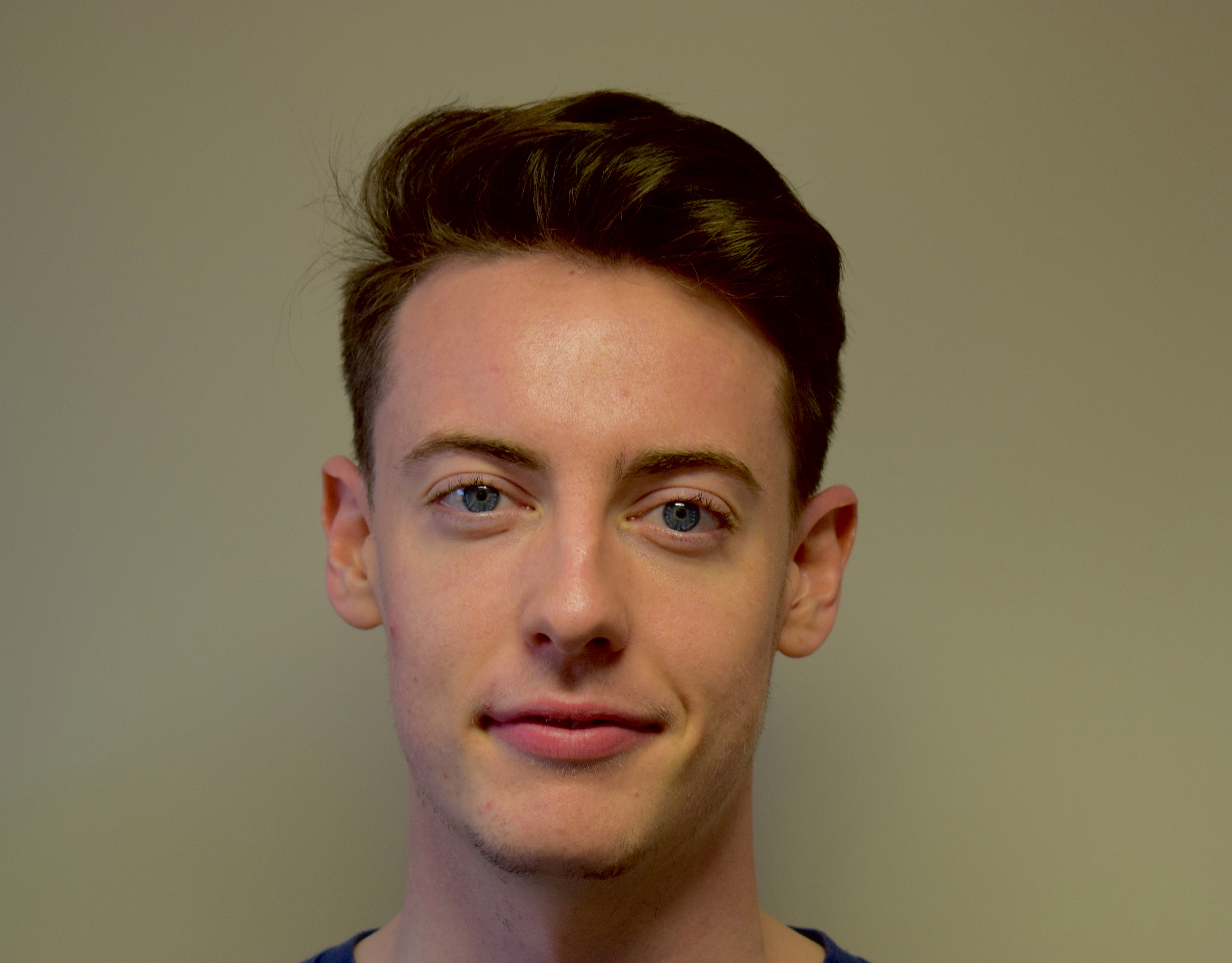From eradicating child poverty to trying to keep an open mind, 19-year-old human rights activist Joel Meekison answers EachOther’s big questions.
Edinburgh university student Joel, from Scotland, is a tireless defender of young people’s human rights.
His drive for advocacy has seen him become an ambassador for Scotland’s Year of Young People – the theme to which the Scottish government dedicated 2018 – as well as youth social action campaign #iwill.
He has also co-authored “A young person’s guide to defending human rights” – a journal examining the challenges and opportunities for young activists in Scotland, as well as recommending what must happen to ensure that young people can engage meaningfully with decision-makers.
Here, he answers our questions on how to heal society’s divisions and more.
Describe what you do in ten words or less.
Connecting young people to spaces where their voice needs hearing.
What is the most important lesson you learned while growing up?
Growing up in Glasgow I enjoyed being surrounded with people who said exactly what they meant. This taught me when you say what you mean, often it results in people respecting you. Then watch as more and more ask for your opinion.
What advice would you give a ten-year-old you?
Don’t worry about fitting in – be confident (which is more than wearing a branded tee). Trying to make a meaningful change seems to reap little rewards. It’s only once you step back after time you can see the impact that’s made.
Another thing I addressed in my co-authored journal article is that we are always told to wait until it’s the right time, or until your university, school and parents have given you permission. Well… sometimes you need to give yourself permission.
What are you most proud of?
While not being one event or an achievement, one thing I look back on after a few years with pride is the confidence that I and many other young people had in doing what we thought was necessary.
It has at points been really scary. Flying alone to Belgium or Brussels to speak at conferences – aged 18 – with only your own faith in what you were saying is quite a tall order. Or speaking in front of 1,000 people at ECCA 2017. Going out and saying what you think is not a small task.
Who would play you in a film about your life?
Leonardo DiCaprio, as the most important thing in human rights campaigning is that you believe in what you advocate. And with him we all know that he has a track record to prove he believes his positions.
Is there anything you would like to achieve which you haven’t yet?
One dream of mine is to present at the UN with my learnings after years of experience in youth engagement. While taking account of the flaws of big bureaucracy, history shows us that big change often needs big institutions to implement it. This means that, for me, that is where my sights are set.
If you could immediately put right one injustice in the UK right now – which would it be? Why?
An injustice which crops in so many aspects of my work from youth justice to environmental activism is the impact on children and young people who are in poverty.
If we solved youth poverty, so many positive changes would follow. And in the UK it is possible!
Which human right the most important to you? Why?
The right to an education. As with an education, not exclusively formal education, comes so many other aspects, not least the confidence to enter a conversation and put your case forward.
Do you have any ideas about what should be done to help help heal divisions in society right now?
On this I have to say that I do agree that we should all take an open mind to the work that we do and not choose to ostracise those who don’t agree with us.
But it is at points of great change, when decisions face the world, that divisions are created. People will always disagree with change. This shouldn’t worry us – it’s important not to let this dissuade us from the values we think are right.







